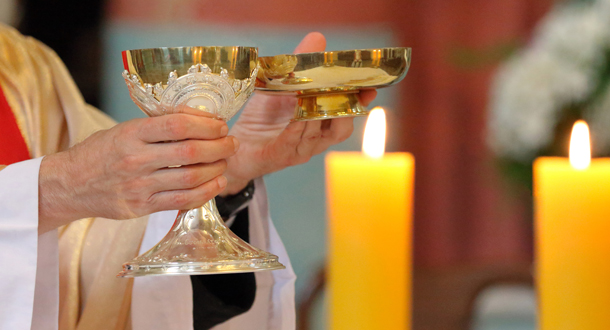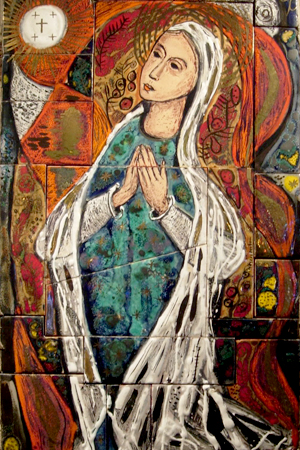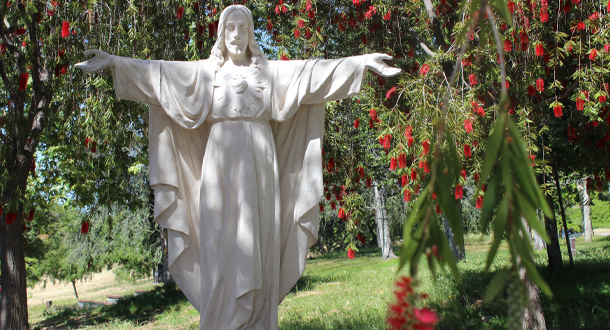
Scripture:
Reflection:
TRUE REFORM
If someone were to ask you what the greatest need in the Church is today, how would you respond? Some feel we must have more ordained priests or religious, or we must break down the abuse of power, insisting on greater transparency in governance, or empowering the laity over clericalism. Some feel we must attract youngsters away from social media or cell phones and the Internet and toward Sunday worship. Others are convinced that our energy now must be focused on supporting the Supreme Court ruling that overturned Roe v. Wade — ending the federal constitutional right to abortion in the United States. And some challenge Church to respond to the violence in our cities, Ukraine, Gaza, Sudan.
Without denying the significance of any of these concerns, perhaps a broader need hovers around the topic of adult faith formation. It is impossible for the average Catholic to pass to the next generation a reverence for the dignity of all human life, or the imperative of participation in parish life because of our Baptismal commitment, without continued education in our faith. I find, unfortunately, that most of our people possess a high school understanding of Catholicism at best. You cannot solve complex adult problems with a sixteen-year-old’s formation.
Back in the 1960’s the Second Vatican Council reminded us that REFORM is a constant need in the Church. (“The Church…at once holy and always in need of purification, follows constantly the path of penance and renewal.” Lumen Gentium #8). If the Church is always in need of reform, how is that reform to be described for our time?
Many contemporary theologians, and the Council Fathers themselves, have said that Vatican II was largely the work of French Dominican, Yves Congar. In his book, True and False Reform in the Church, Congar states, “In those unusually fruitful years (post World War II), … there was not a conference, a retreat, or a conversation between priests and seminarians that did not take up in one way or another the same questions that were on the mind of every minister of the Gospel seeking to achieve a real and efficacious pastoral ministry, namely, a real, less artificial preaching; catechetics more apt to prepare Christians for real life; less routine and mechanical liturgy, one which really expresses the living worship of the community; forms of parish life that are less legalistic, more dynamic, truer to the real needs of the people, etc.” Theologian Rick Gaillardetz said it simply: “Too many homilies and conferences are answering questions that people aren’t asking”!
Ancient Israel lived a faith unlike any other religion in the distant past — they filled their sacred writing with self-criticism. This wasn’t suspect as many feel today, calling such action disloyalty or infidelity; rather, we call this the prophetic Word. Other cultures simply did not have the searing condemnation of injustice from an Amos, or the personal denunciation of corrupt leadership from someone like Isaiah, to help form their identity. As the years unfolded into the Christian era, the pages of our rich history were graced with saints like Bernard, Joan of Arc, Francis of Assisi, and Catherine of Siena…men and women who spoke frankly. As we again prepare for leadership elections, how is the Holy Spirit leading us to REFORM?
Fr. Jack Conley, CP, is the local superior of St. Vincent Strambi Community in Chicago, Illinois.







